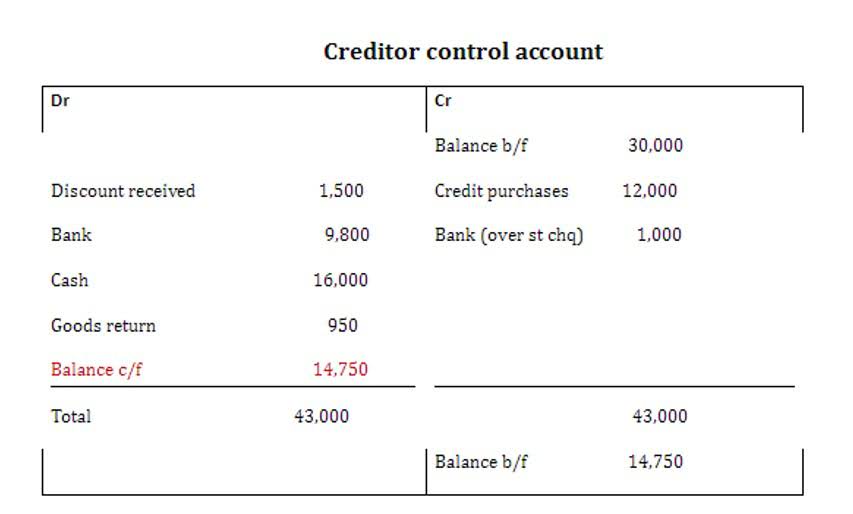
General retainers are fees for a specific period of time, not a specific project. You are basically paying the attorney to be available for discussions and questions about legal matters during this time. For example, you may want an employment attorney on retainer to help you deal with issues that come up with employees. Ask your attorney to provide periodic invoices detailing the work completed, the hours spent, and the remaining balance in the retainer account. This regular tracking will help you stay on top of costs and confirm that the funds are being used appropriately. A retainer is an upfront payment securing ongoing access to professional services, ensuring availability and priority treatment for clients while providing financial stability for service providers.

Governing Law and Jurisdiction
In these relationships, the client may pay a lawyer retainer fee as an advance for work to be https://www.duckstore-productions.com/top-4-tips-on-filling-out-business-deposit-slips/ performed. For example, a lawyer might ask for a retainer fee equal to 50% of the predicted hourly fees to prepare a will. A monthly retainer fee is paid in advance by your clients to ensure that your services will be available to them for the period covered.

How Does a Lawyer’s Retainer Work?
Be sure you are comfortable with your attorney’s fees before hiring a lawyer to represent you. You will not have to pay a retainer if you are hiring a lawyer who charges on a contingent fee basis. A contingent fee arrangement is one where you pay only if you win your case. This fee arrangement is common in personal injury claims, including car accident cases, product liability claims, slip-and-falls, medical malpractice and similar situations. There are advantages to charging a 50% retainer, even if some clients may initially object. In a definitive sense, a retainer is a fee that is paid in advance in order to hold services (ie. a wedding or event date).

What should be included in a retainer agreement?
The consultant guarantees a set number of hours legal retainer meaning per month under the agreement, ensuring the startup receives consistent service. In addition, retainer fees usually do not represent the total final cost of the services provided. Evergreen retainer arrangements can reduce risk for you and ease budgeting for your clients.

For example, if a client hires a lawyer for a specific case, the agreement should state that the lawyer is only responsible for that case and not for any other legal matters unless agreed upon. A retainer agreement is a contract between a client and a lawyer that outlines the terms of their working relationship. Think of it as a way for a client to secure the lawyer’s services for future needs.
- A contingent fee agreement is a legal agreement that allows you to hire a lawyer for your case without having to pay any out-of-pocket upfront fees unlike a retainer fee.
- Also describe how and when you’ll ask the client to replenish the retainer, including the minimum balance that will trigger the funds request.
- Particularly coveted law firms may also ask for a general retainer to ensure the availability of their services.
- There are advantages to charging a 50% retainer, even if some clients may initially object.
Where Can I Find a Business Lawyer Near Me?
- This structure is common in litigation and other matters where the total time required is uncertain.
- In conclusion, the legal retainer model offers numerous advantages, including predictable costs, accessibility, relationship building, and proactive legal support.
- If a lawyer fails to perform the agreed-upon legal services or the representation is terminated before completion, the client is entitled to a refund of any unearned portion of an advance fee.
- Another example is an individual involved in a personal injury case who paid a special retainer for the duration of the lawsuit, with fees based on the contingency model.
Retaining an attorney from the beginning can help you focus on your business and not on legal questions. Often, it transitions from a security mechanism into a partial payment when the agreement is successfully Oil And Gas Accounting completed. This functional flexibility helps balance risk, ensures accountability, and strengthens the enforceability of contractual obligations. Law firms often pay deposits to courts when filing documents or initiating cases. These funds act as a form of security and are typically refundable when the matter concludes or is withdrawn. However, if not reclaimed within a set period (often three years), the funds may be classified as abandoned property under applicable unclaimed property laws.
- Include language that clearly states work may be paused or terminated if the client doesn’t replenish the retainer by a specified time.
- By accepting the fee, the attorney is committing their time and resources to the client, which may mean turning down other potential work.
- Asking for feedback will help you refine your evergreen retainer structures and documentation.
- The consultant guarantees a set number of hours per month under the agreement, ensuring the startup receives consistent service.
- When they actually call on the firm of services, they pay for the necessary legal work (usually on an hourly fee basis).
The scope of representation, as defined in the retainer agreement, specifies the legal services the attorney will provide. The scope can vary depending on the legal matter, such as defending a client in a criminal case, negotiating a business contract, or pursuing a civil settlement. To streamline the retainer process and prevent trust account violations, legal billing software can ensure your law firm maximizes retainer agreements while upholding IOLTA compliance.

Advance fees are payments made by a client to a lawyer for legal services that will be rendered in the future. These fees are paid upfront, before the lawyer has performed the agreed-upon work. Examples of advance fees include flat fees for a specific scope of work or an initial deposit required to commence representation in an hourly billing arrangement. Having a lawyer on retainer means you’ve secured their services on an ongoing basis. It involves paying a lawyer an upfront fee, called a retainer fee, typically held in a trust account, which is then used to cover future legal services as they are provided. ” they should understand that this arrangement offers them immediate access to legal advice or representation when necessary.